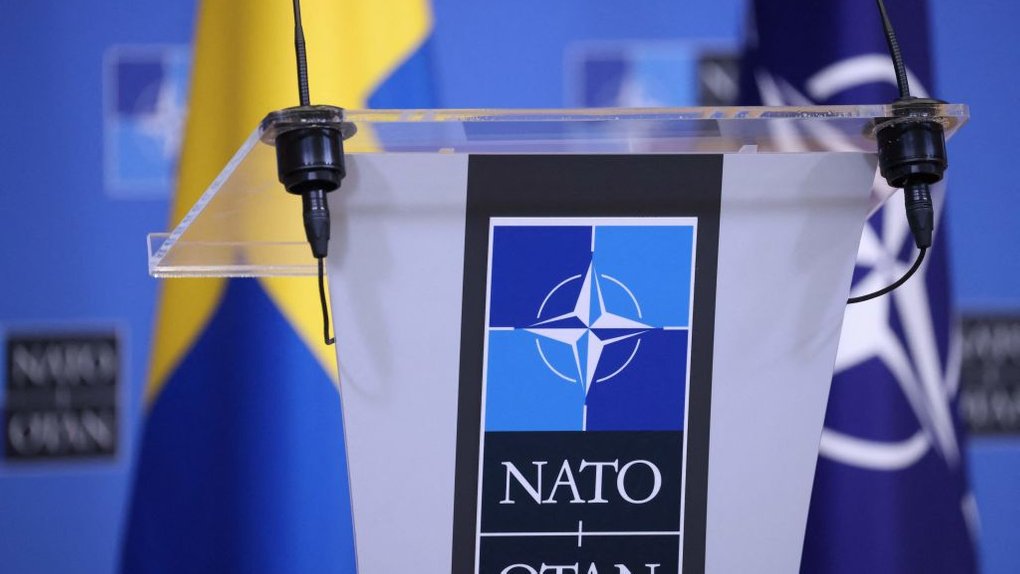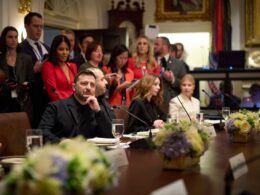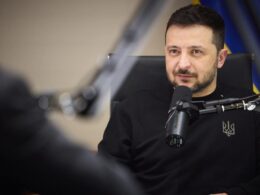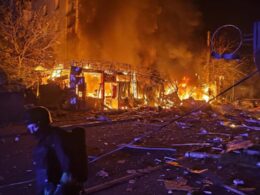The Guardian reports that European leaders will discuss the possibility of Ukraine's automatic NATO membership if Russia violates a future ceasefire during their meeting in Paris on 17 February.
On 12 February, Trump announced the start of negotiations with Moscow to end Russia’s war in Ukraine, following calls with Russian ruler Vladimir Putin. His statement triggered a wave of criticism, as experts warned that it could be a ceasefire on Putin’s terms with no security guarantees for Ukraine, especially after US Secretary of Defense Pete Hegseth called Ukraine’s NATO membership aspirations “unrealistic.” This conversation also stirred concerns in Europe, as its representatives were not involved in the negotiations. Amid uncertainty about whether the US will lead to a weakening of NATO due to its increasingly isolationist stance, many media outlets and analysts have labeled this strategy as a victory for Russia.
According to the report, some US senators initially proposed NATO membership conditioned on Russia breaking a ceasefire. It has since gained support from high-ranking European leaders, including Finnish President Alexander Stubb.
Stubb has emphasized that Europe must not open the door to Russian fantasies about spheres of influence.
The US has said there must be devastating consequences for any side that breaches a potential peace agreement, a point that has been missing from previous Ukraine ceasefires since 2014.
Earlier, Ukrainian President Volodymyr Zelenskyy said that security guarantees for Ukraine from Europe alone would be ineffective without US involvement.
“Only Patriot can defend us against all kinds of missiles, only Patriots. There are other (European) systems … but they cannot provide full protection … So even from this small example you can see that without America, security guarantees cannot be complete,” he said.
Meanwhile, the Trump administration has informed European allies of its plan to secure a ceasefire in Ukraine by Easter (20 April 2025), said sources familiar with the negotiations.
Bloomberg: Trump pushes for Ukraine-Russia ceasefire by Easter
Some officials described the timeline for talks—set to begin this week in Saudi Arabia with senior US and Russian officials—as ambitious and potentially unrealistic. Reaching a deal by the end of this year seems more likely, the sources said.
Related:
- Rubio: Trump seeks complete end to Ukraine war, not temporary pause
- “If Russia couldn’t beat Ukraine in 2022, why would it win now?” A defiant voice amid despair
- US might deploy troops to Ukraine without Moscow-Kyiv peace deal, Vance says
- Trump’s neo-Morgenthau plan for Ukraine is a threat to free Europe





